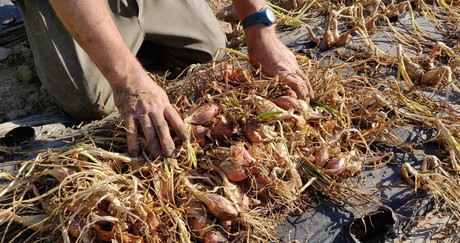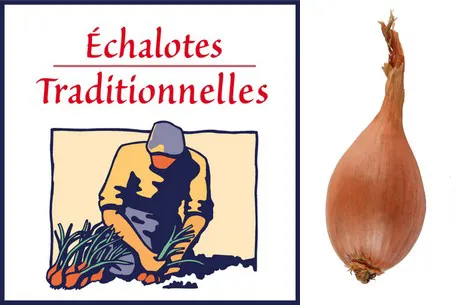
In November 2018, an agreement protocol between the French and Chinese governments was signed, authorizing the exportation of the French Traditional Shallot to China. Prince de Bretagne plans to take advantage of the current season to enter this new market. Pierre Gélébart, product manager, explains: “The date at which the protocol was signed excludes the possibility to sell the Traditional Shallots from the 2018 harvest, so we are currently working on the next season.”
In order to comply with the protocol, producers and importers must take a number of measures to exclude the risk of introducing pests that could harm the Chinese agriculture. “We are currently implementing a control plan that meets the protocol’s requirements regarding pests, essentially justifying that our crops are exempt of such nuisance. We will also carry out clearance analyses on the bulbs before expedition,” explains Pierre.

“The Chinese market has evolved, with a sharp increase of individuals with average income, likely to be able to afford this kind of products and also fond of this type of importation. But behind the scenes, a whole communication must be established for a successful introduction of the product onto the market. For example, the difference between a shallot and an onion must be explained, or how the product can be cooked…” Quite a challenge, of course, but it could open the doors to a promising market. “If the project was to succeed, it would be beneficial for the Breton and French Traditional Shallot, and for the general Breton vegetable production area,” explains Pierre. “And who knows, the Roscoff onion might also be introduced one day to the Chinese market.”
For more information: 
Pierre Gélébart
Prince de Bretagne
Kérisnel
29250 Saint-Pol-de-Léon
Phone: +33 (0) 2 98 69 39 00
Fax: +33 (0)2 98 69 39 01
pierre.gelebart@princedebretagne.com
princedebretagne.com
